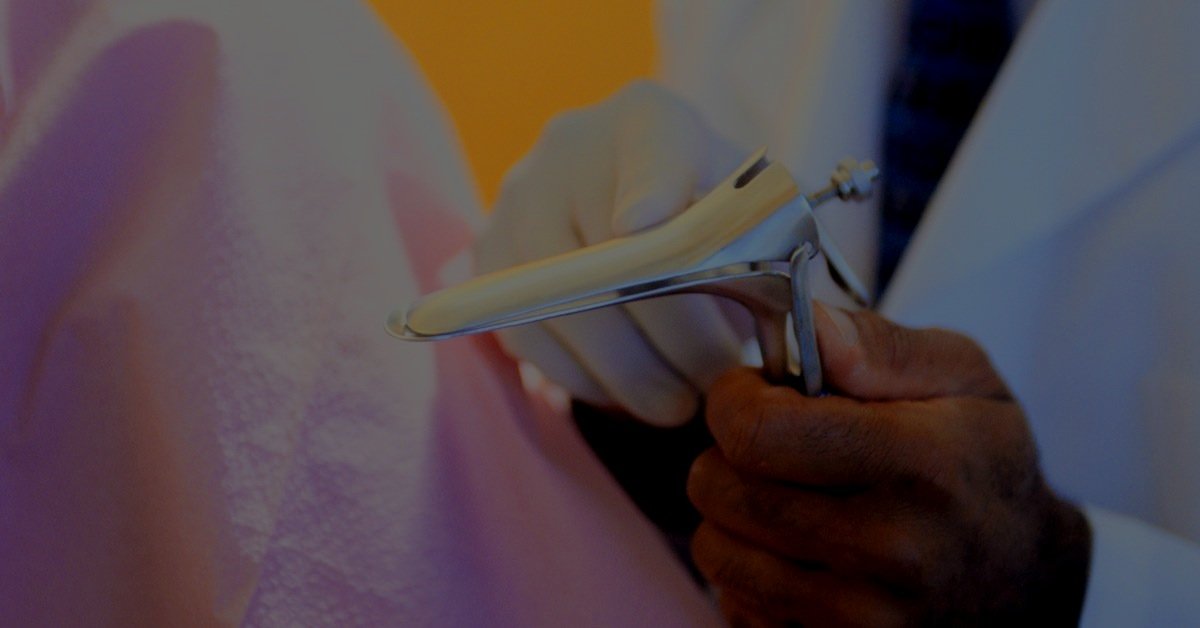
Cervical Cancer Screening
Cervical Cancer ranks as the 11th most frequent cancer among women in Singapore and the 5th most frequent cancer among women between 15 and 44 years of age. Current estimates indicate that locally, approximately 300 women are diagnosed with Cervical Cancer every year.
High-risk strains of the Human Papillomavirus (HPV), a common Sexually Transmitted Infection, play a role in causing most cases of Cervical Cancer. Specifically, HPV types 16 and 18 cause around 70% of cervical cancer cases worldwide. When exposed to HPV, the body's immune system typically prevents the virus from doing harm. In about 90% of the infection cases, the virus clears by itself. In a small percentage of people, however, the virus can persist for years and cause the cells to grow in an abnormal way, developing into Cervical Cancer.
Cervical Cancer is a slow-progressing condition that usually takes up to 15 years to develop, but when detected early, more than 90% of cases are treatable in the early stages. Therefore, having regular screening tests helps to detect early, pre-cancerous changes so they can be monitored or treated in order to prevent full-blown Cervical Cancer.
Cervical Cancer screening guidelines
According to the National Cervical Cancer Screening Programme:
All women who have ever had sex are advised to begin Cervical Cancer screening from the age of 25.
Age 25 - 29 years: the recommended screening test is a Pap smear once every 3 years. The Pap smear looks for abnormal changes in the cervical cells (dysplasia). At this age, most HPV infections can be cleared at a faster rate, therefore a HPV test is not required.
Age 30 - 69 years: the recommended screening test is a HPV test once every 5 years. The HPV test looks for high-risk cancer-causing HPV strains. At this age, a HPV test is more effective in determining one’s risk of developing Cervical Cancer. This is because while your cells may appear normal, if high-risk HPV strains are present, the risk of your cells turning abnormal in the future is higher.
What happens during a Cervical Cancer screening?
The procedure is simple and takes only a few minutes. Firstly, an instrument called a speculum is gently inserted into the vagina. Your doctor will then insert a soft brush to collect some cells from the narrow neck of the cervix. The sample is then sent to the laboratory for testing. You may experience slight discomfort during the procedure and some light spotting after.
How to prepare for Cervical Cancer screening
Avoid scheduling an appointment for a Pap smear during your menstrual period as it may affect the accuracy of the result.
Avoid having sexual intercourse, and using spermicides, vaginal creams, lubricants, vaginal medications or tampons for at least 48 hours prior to your test.
The best prevention against Cervical Cancer is to go for regular Cervical Cancer screening. You can also speak to your doctor about HPV vaccination to determine if you are suitable.
Safeguard yourself against Cervical Cancer.
If you are due for a Pap smear or HPV test, please feel free to make an appointment to discuss your options with our doctor. We are here to help.
